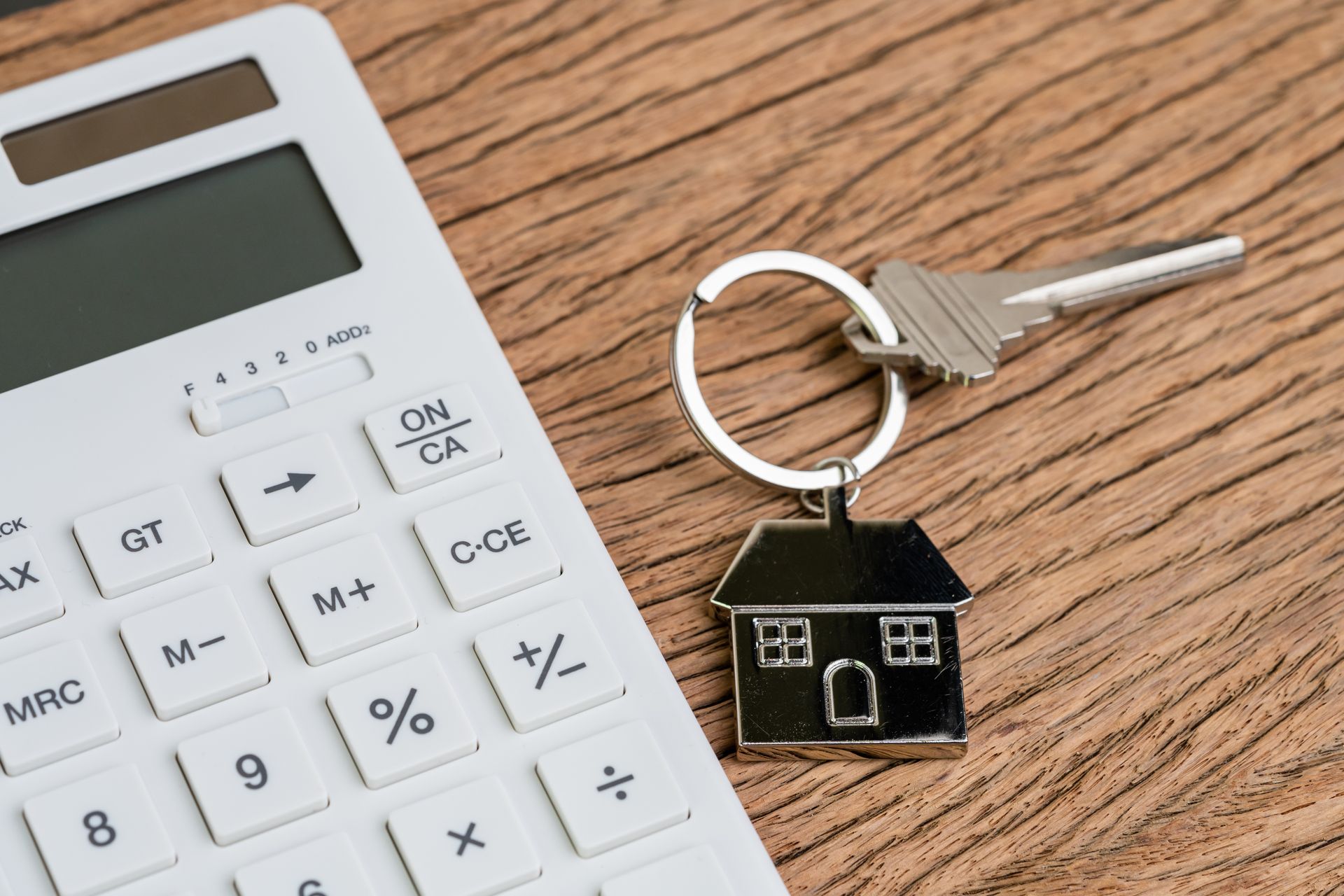Navigating Divorce Mediation in the UK: Tips for a Successful Outcome
There is no doubt that divorce or dissolution can be a deeply challenging and emotional process.
Using mediation, however, to reach an agreement on important matters such as child arrangements, property, and finances can take much of the heat out of the whole process, rather than relying on the courts to find a resolution. Divorce mediation involves a neutral third-party mediator with the skills and experience to help separating couples reach amicable agreements. Mediation is cost-effective and faster than applying to the courts, and it leads to results that preserve the relationship of the separated couple for the benefit of the children involved. Indeed, according to official figures, divorce mediation takes around 110 days compared to 435 days for cases involving the courts. In this article, we will look at how you can ensure a positive outcome by using mediation during the divorce process.
Tip 1: Choosing a mediator who you trust and feel comfortable with
Choosing the right mediator at the outset can make the process of achieving a successful divorce process so much easier. Don’t just choose the first mediator you speak to because you feel obligated to. We recommend taking the time to look for a qualified and experienced professional who understands family law in the UK and is accredited by a relevant mediation body such as the Family Mediation Council (FMC). And most importantly, you should feel comfortable with and trust your chosen mediator, as, ultimately, this is the individual who will guide you through the process of reaching agreements on some of the most important matters in your life and of your children.
Tip 2: Work together to find an amicable solution
Unlike going through the courts, mediation provides more of an opportunity to speak openly and work together with your ex-partner to reach a compromise. By approaching mediation with an open mind and a willingness to negotiate, you can achieve a resolution that is fair and satisfactory to both parties. Working together to find an amicable solution will undoubtedly mean compromising, but remember, this works both ways. If you are willing to give, your ex-partner may be more willing to do so in return.
Tip 3: Get clear on your goals and priorities
All too often, individuals go into mediation without an idea of what they want to realistically achieve. Even before you start mediation, write down your goals and priorities. Realistically, what do you want out of the process? By having a clear understanding of what matters most to you, i.e. are you looking for specific child arrangements or to keep hold of certain marital assets such as your home? Taking the time to do this at the outset will make it more likely that the resolution you reach aligns with your main needs and goals.
Tip 4: Communicate Effectively
Effective communication is key during divorce mediation, both when speaking and listening. As much as you can, express your thoughts, feelings, and concerns during the sessions in a manner that is clear and concise. In turn, truly listen to your ex-spouse’s perspective. Also, be respectful and avoid confrontational language during the mediation process. It is all too easy to lose patience with the process, but do try to speak and listen in the way that you would like to be spoken to and heard yourself.
Tip 5: Engage a family law Solicitor
It is important to understand your legal position while going through mediation. This may even change your goals and priorities and how you negotiate. Ultimately, understanding your rights and legal options will empower you to make informed decisions. In addition, your chosen family law Solicitor can review any proposed agreements reached during mediation and ensure that they are legally binding and enforceable.
Tip 6: Get Organised
Once you have chosen your mediator and you have a clear idea of your goals for the process, it is essential that you take the time to prepare for the sessions. By arriving at mediation prepared and organised, you are more likely to feel confident and able to discuss matters in a constructive way. Place any relevant documents, such as your financial records (e.g. bank statements, mortgage statements) or other correspondence, in a folder in a logically ordered manner. This will make it easy for you to find any documents that you need and make the process less stressful and smoother.
Tip 7: Be future focused
During the process of divorce, it is all too easy to focus on the past and not the future. It is essential to focus on your future and the well-being of all parties involved, especially if you have children. Keep in mind that mediation is an opportunity to build a new, strong foundation for a positive post-divorce relationship with your ex-spouse.
Final words
During the divorce process, mediation is an excellent way to achieve a lasting and fair resolution to some of the important matters in your life: your children, your home, and your finances. Divorce and dissolution are difficult even without contentious disputes and going through the courts to reach a resolution. As we discussed in this article, mediation works best by taking the time to choose the right mediator, setting clear goals, seeking legal advice, and maintaining a positive focus on the future. By approaching divorce mediation with an open mind and commitment to cooperation, you and your ex-partner will be able to reach an amicable and cost-effective resolution that lays the groundwork for the next chapter of your lives.
For a free consultation to discuss your divorce please call our family law team on 0208 300 6666.














